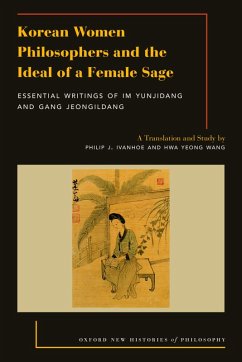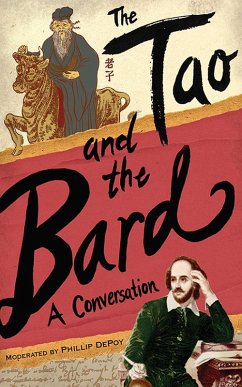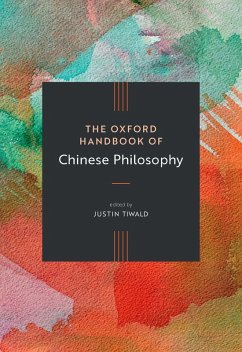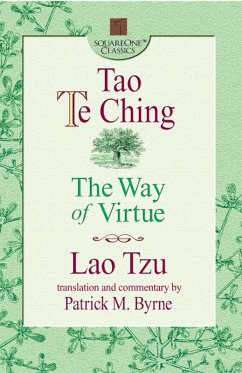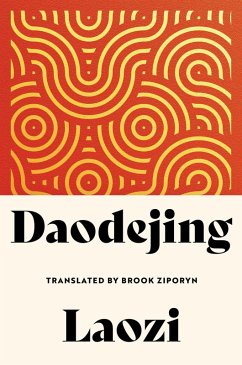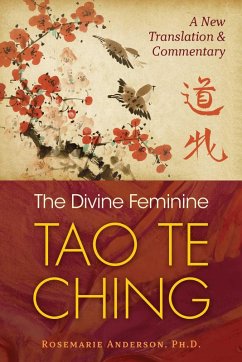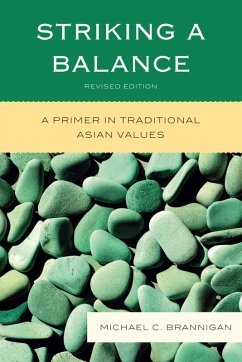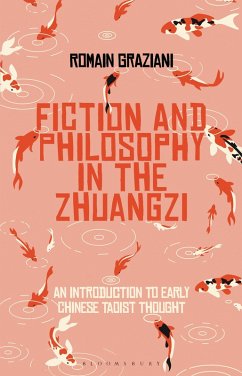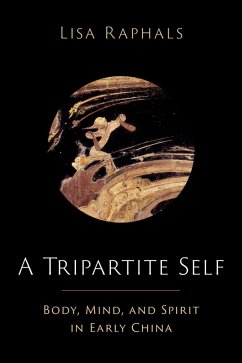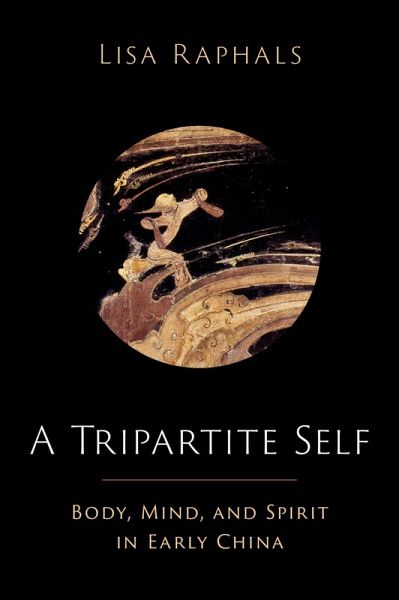
A Tripartite Self (eBook, ePUB)
Mind, Body, and Spirit in Early China
Versandkostenfrei!
Sofort per Download lieferbar
26,95 €
inkl. MwSt.
Weitere Ausgaben:

PAYBACK Punkte
13 °P sammeln!
Chinese philosophy has long recognized the importance of the body and emotions in extensive and diverse self-cultivation traditions. Philosophical debates about the relationship between mind and body are often described in terms of mind-body dualism and its opposite, monism or some kind of "holism." Monist or holist views agree on the unity of mind and body, whereas mind-body dualists take body and mind as essentially different. Debates about mind-body dualism have become important in Chinese and comparative philosophy because of claims that there was no mind-body dualism in early China, in co...
Chinese philosophy has long recognized the importance of the body and emotions in extensive and diverse self-cultivation traditions. Philosophical debates about the relationship between mind and body are often described in terms of mind-body dualism and its opposite, monism or some kind of "holism." Monist or holist views agree on the unity of mind and body, whereas mind-body dualists take body and mind as essentially different. Debates about mind-body dualism have become important in Chinese and comparative philosophy because of claims that there was no mind-body dualism in early China, in contrast to Western traditions. This book argues that there was an important divergence in early China between two views of the self. In one, mind and spirit are closely aligned, and are understood to rule the body as a ruler rules a state. But in the other, the person is tripartite, and mind and spirit are independent entities that cannot be reduced to a material-non-material binary. In some cases, body and spirit are even aligned in opposition to mind. A Tripartite Self addresses both philosophical and technical literatures (including evidence from Chinese excavated texts) to broaden a type of inquiry that frequently is applied only to philosophical texts. Lisa Raphals surveys this divergence and argues for the importance of a tripartite model of the person or self in early Chinese texts through the Han dynasty. The book will shed light on not only important contemporary debates of mind-body dualism within Chinese philosophy but also within East-West comparative approaches to understanding the self.
Dieser Download kann aus rechtlichen Gründen nur mit Rechnungsadresse in A, B, BG, CY, CZ, D, DK, EW, E, FIN, F, GR, HR, H, IRL, I, LT, L, LR, M, NL, PL, P, R, S, SLO, SK ausgeliefert werden.




